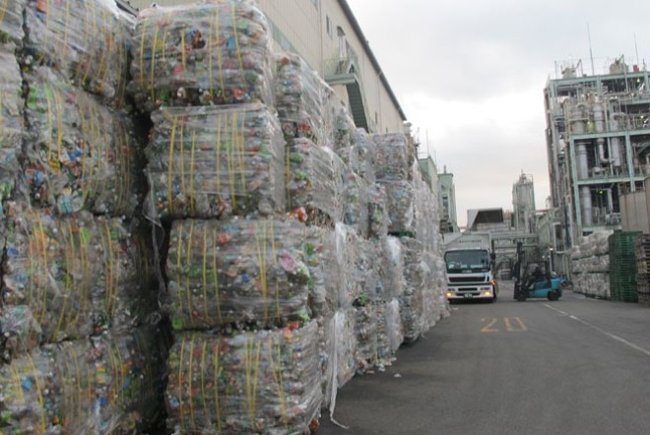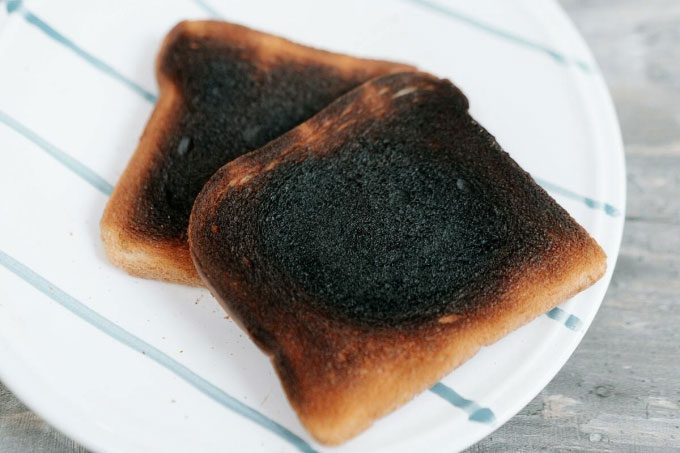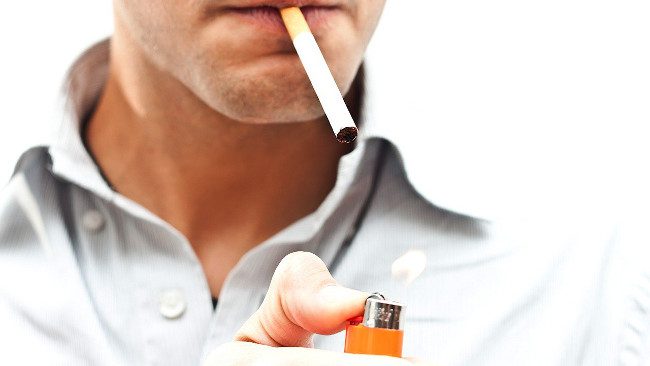Cancer is a prevalent disease and the leading cause of death worldwide, resulting in over 10 million fatalities in 2022. However, many people still hold misconceptions about this disease.
Unverified Causes of Cancer
Some experts have pointed out that obesity and lack of physical activity pose a greater cancer risk than red and processed meats. Conversely, many factors believed to cause cancer are, in fact, not harmful.
In light of the widespread rumors and unverified information about cancer, an independent cancer control organization in Australia, known as the Cancer Council Australia, has established a website to debunk these alarming claims.
1. Plastic Bottles
There are claims that heated, frozen, or reused plastic bottles release chemicals that may cause cancer, including dioxins.
The truth is that water stored in plastic bottles is no less safe than water in metal bottles or any other containers. Bottles made from plastic do not contain dioxins.

Bottles made from plastic do not contain dioxins.
2. Sugar
Many reports suggest that sugar feeds cancer cells, leading patients to avoid sugar in their diet during cancer treatment. The reality is that all cells in the body use sugar as an energy source, including cancer cells.
The fact that cancer cells in experiments thrive on glucose does not mean that consuming sugar will accelerate their growth or even cause cancer.
Thus, by avoiding all sugar and preventing it (from other foods like protein and fats) from reaching cancer cells, you will also deprive healthy cells of energy along with cancer cells.
Therefore, a healthy diet is the best way to provide necessary energy to the body and avoid weight gain, which is the real risk factor for cancer.
3. Deodorants
There are claims that aluminum in antiperspirant products blocks the elimination of toxins through sweat, leading to breast cancer.
The truth is that sweating helps the body eliminate toxins, but breast cancer starts in the breast and spreads to lymph nodes, not the other way around as suggested. There is no evidence that aluminum can cause cancer.
Some reports occasionally claim to have found aluminum or other deodorants in samples taken from breast tumors. However, these reports only surveyed a very small number of women with breast cancer, and they never compared the aluminum concentration in tumors with that in other parts of the body or with women who do not have breast cancer.
On the other hand, one study surveyed 1,600 women and found that those who used deodorants were not more likely to develop cancer than those who did not use such products.
4. Microwave Radiation
Many claims suggest that food heated in microwaves becomes radioactive, and consuming it can damage genes in body cells, leading to cancer.
The truth is that microwaves (short waves) are a form of radiation, but they are not known to cause cancer. Microwaves are a type of low-energy radiation called non-ionizing radiation, unlike high-energy radiation from X-rays, which can damage DNA. While microwaves also use short-wave radiation to heat food, this does not mean that food becomes radioactive.
5. Keeping Phones in Pockets Causes Cancer
For decades, it has been believed that electromagnetic radiation or phone waves could cause cancer. However, researchers state that this claim lacks verified evidence. Phones operate by sending and receiving electromagnetic waves. According to Cancer Research UK, high-energy radiation can cause cancer because it damages DNA. The radiation from phones is too weak to cause such effects.
This organization further states that 4G and 5G networks rely on radio waves with higher frequencies than those of phones produced a decade ago, yet they still lack the energy to damage human DNA. As this technology is relatively new, scientists will continue to monitor it for any potential long-term effects.
6. Burnt Bread Causes Cancer
Burnt toast and charred vegetables contain a chemical called acrylamide. This substance occurs naturally in foods when cooked at high temperatures for extended periods. Some studies have linked this chemical to cancer.
However, Cancer Research UK concludes that the evidence is not strong enough to determine that grilled, fried, or roasted foods increase cancer risk. Specifically, these studies have failed to accurately measure acrylamide levels in people’s diets.
Statistics from Cambridge University indicate that a person would only develop cancer if they consumed 320 slices of burnt toast daily.
Meanwhile, more familiar foods like bacon and sausages pose a higher cancer risk. Bacon contains nitrates and nitrites, chemicals that preserve meat longer and may damage the cells lining the intestines, increasing the risk of bowel cancer.
A balanced diet rich in vegetables, fruits, and fiber-rich foods, such as whole grain bread, rice, and pasta, can reduce cancer risk.

Some believe that eating burnt bread can cause cancer. (Photo: Pexel).
7. Women Under Stress are More Likely to Develop Breast Cancer
A 2014 study involving 858 women in Poland evaluated the long-term impact of stress on breast cancer rates, suggesting a connection between the two factors.
However, a 2016 study involving over 100,000 women in the UK found no evidence of a link between stress and the disease. Another analysis in 2013 reviewed 12 studies with over 100,000 volunteers yielding similar results. Stress does not cause rectal, lung, breast, or prostate cancer.
According to the National Health Service (NHS), stress is not directly linked to cancer, but prolonged stress can lead to high blood pressure and depression.
8. Artificial Sweeteners Cause Cancer
Diet soft drinks, chewing gum, and toothpaste contain artificial sweeteners, such as aspartame. Some evidence suggests that aspartame may cause cancer. The World Health Organization (WHO) classified artificial sweeteners as “possibly carcinogenic to humans” in June 2023.
However, experts state that one would need to consume an extremely large amount of aspartame, more than 10 cans of soda per day, to develop a cancer risk.
Specifically, the acceptable daily intake for this sweetener (0-40 mg aspartame per kg of body weight) is considered safe. Currently, each can of diet soda contains 200-300 mg of aspartame. Thus, a person weighing between 60 to 79 kg would have to drink more than 9 to 14 cans of soda daily to be at risk, assuming they do not consume this substance from other sources.
Take Note of the Following
Professor Bernard Stewart, a scientific advisor at Cancer Council Australia, recommends that we focus on four primary cancer risk factors and avoid being “distracted” by other factors.
Note that these factors are specific to Australia. However, in developing countries, infectious diseases also pose a risk factor for cancer.
1. Smoking

Smoking is the largest cancer risk factor among the four and is estimated to account for 1/3 of all cancer cases.
Smoking is the largest cancer risk factor among the four and is estimated to account for 1/3 of all cancer cases. Smoking not only causes lung cancer but also cancer in 13 other parts of the body. It is also a major contributor to poor health.
2. Obesity
Obesity accounts for about 15% of cancer cases, with the highest risks being breast and bowel cancer. It is important to manage your weight and strive to maintain it within a safe range. If obesity is an issue for you, consult a doctor for advice and support on improving your diet and exercise habits.
3. Alcohol Consumption
Cancer cases related to alcohol account for 4%, including cancers of the mouth, pharynx, larynx, esophagus, bowel, and breast. Initial information suggested that only alcohol dependence could cause breast cancer, which can be managed.
However, Professor Stewart suggests that larger studies are indicating that daily alcohol consumption, even at low levels, even just once a day, can have a minor impact leading to breast cancer. To reduce cancer risk, it is best to avoid or minimize daily alcohol use.
4. Sun Exposure
According to Professor Stewart, the cancer cases caused by sun exposure are difficult to estimate accurately but are believed to be less than 4%, and all are skin cancers.
Avoid direct exposure to sunlight, such as sunbathing. Instead, protect your skin by covering it or using sunscreen when outdoors in the sun.


















































